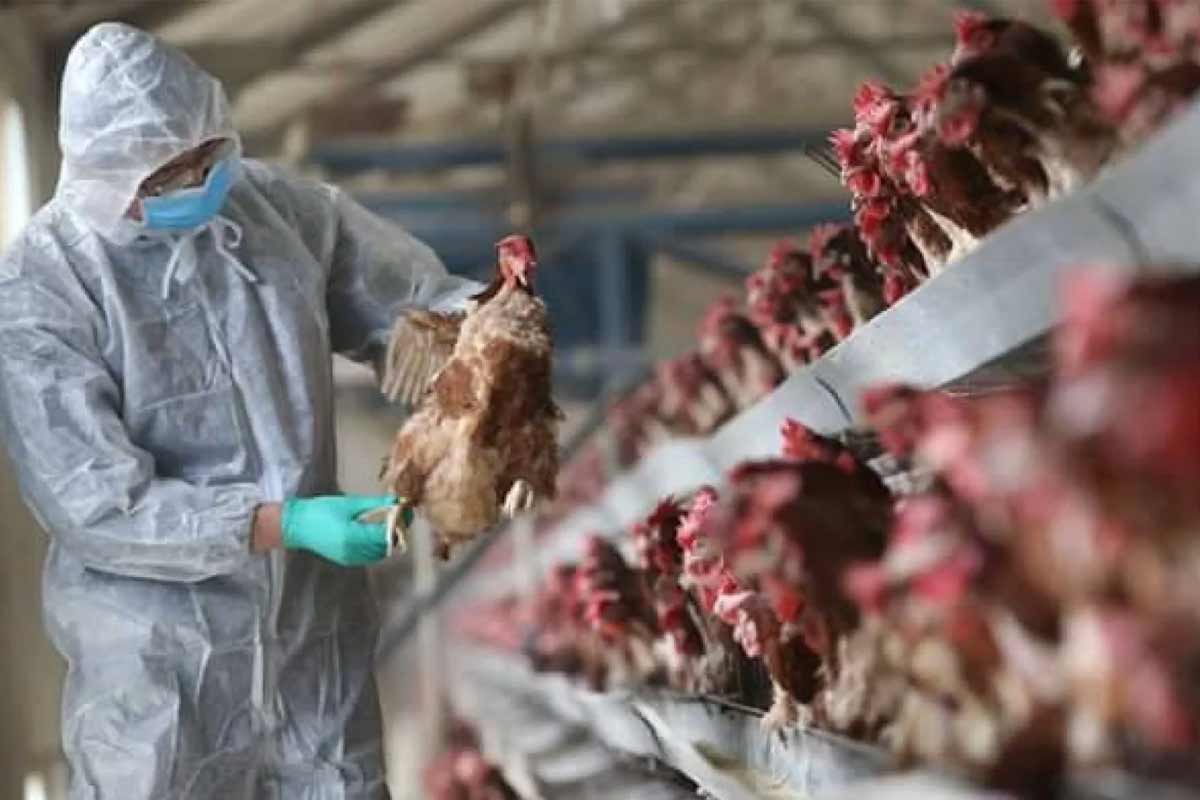

In a major blow to the poultry industry, the bird flu outbreak has now been confirmed in Delhi, Maharashtra, Kerala, Rajasthan, Madhya Pradesh, Himachal Pradesh, Haryana, Gujarat, and Uttar Pradesh. With nine states in the country scrambling to contain the virus and reports of likely spread in others, it has made people question the threat posed by the virus which is known to be zoonotic, i.e., one that can spread from animals to humans. While the officials are leaving no stone unturned to tackle the virus, here is a look at the symptoms, precautions, and other important information you need to know about the bird flu aka avian influenza.
What is bird flu?
Bird flu or avian influenza is a highly infectious disease commonly reported among birds. The most common strain of the virus that causes severe respiratory disease in birds is H5N1. Known to be zoonotic, the virus has the potential to affect humans and other animals as well.
How does it spread in birds?
As per the All India Institute of Medical Sciences (AIIMS), New Delhi, bird flu spreads from the infected birds to others through contact. Contact with nasal and respiratory secretions or feces can cause the spread.
How does it spread to humans?
Bird flu can be transmitted to humans when they are around infected poultry (hens, ducks, and others) and the birds’ droppings.
What are the symptoms and signs of avian flu in humans?
Cough, fever, sore throat, muscle aches, pneumonia, and other complications are the common symptoms observed in individuals infected with bird flu.
What are the precautions to be taken?
By avoiding close contact with infected or suspected birds and by washing hands and other exposed parts after handling poultry and eggs, one can protect themselves from the bird flu.
Is it safe to eat chicken and eggs?
According to the World Health Organisation (WHO), cooking poultry (i.e., chicken, ducks, and geese) at or above 70 degrees Celsius so that absolutely no meat remains raw and red, is a safe measure to kill the virus in areas with outbreaks in poultry.
Another week has come to a close, bringing the beloved weekend—a time to unwind and…
The Visakhapatnam Traffic Police has announced detailed traffic and parking guidelines for the upcoming DC…
Once a pre-eminent port of the East Coast, Machilipatnam is a fascinating town in India.…
The Indian Premier League (IPL) 2025 is all set to host an electrifying clash between…
A review meeting on the Organisation for Counter-Terrorist Operations (OCTOPUS) was held at the Visakhapatnam…
A tense situation unfolded in Kommadi, Vizag, on 27 March when a woman, frustrated over…
Leave a Comment